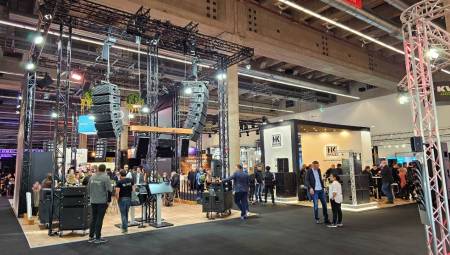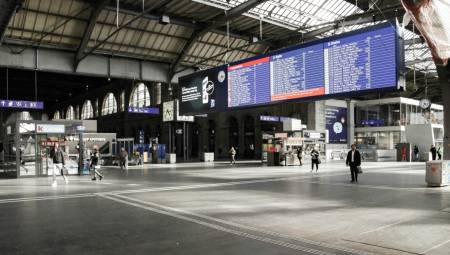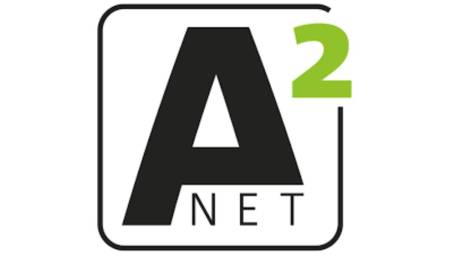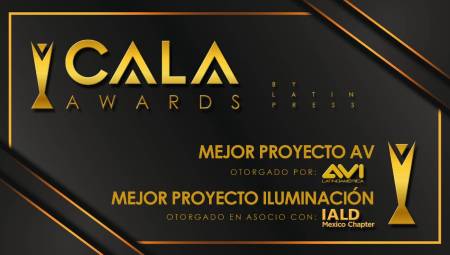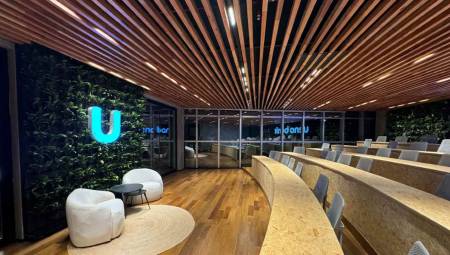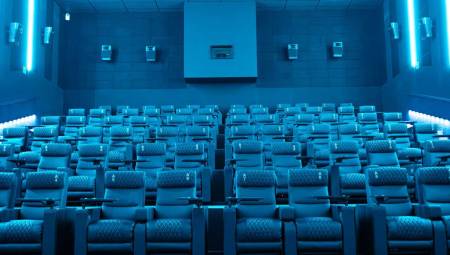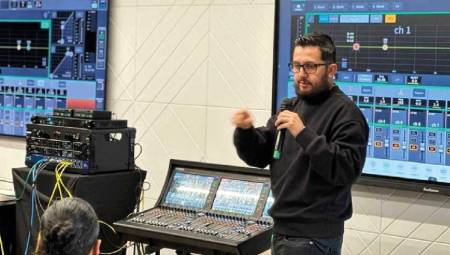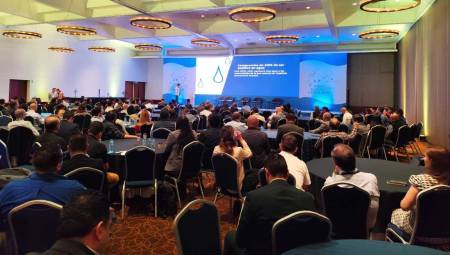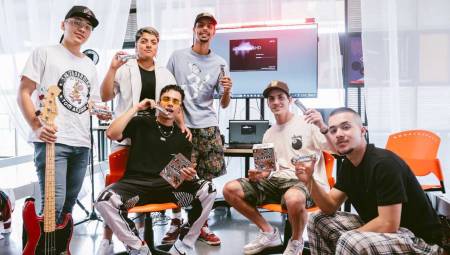 Latin America. To promote effective interaction between teachers and students for the benefit of learning, both primary and secondary and university, the company Ricoh created the Steam-Lab.
Latin America. To promote effective interaction between teachers and students for the benefit of learning, both primary and secondary and university, the company Ricoh created the Steam-Lab.
This development is based on new technologies used in suitable environments, as it has been proven that this awakens the creativity of students, encouraging them to explore in fields such as science and art, among many others.
This was explained by Giancarlo Ghirotti, General Manager of Ricoh in Colombia, who pointed out that the idea of the Steam-Lab was born with the aim of offering better educational tools and differentiated teaching, since, on the one hand, parents seek quality teaching and differentiated curriculum that ensures their children access to good universities, and on the other, institutions seek suitable environments to retain students, and improve both the school ranking and its reputation.
The Steam-labs are composed of three service lines: Ricoh Additive manufacturing (availability of the best 3D printing technologies at the service of student learning); Ricoh Real Learning Modules (fun and engaging teaching to stimulate curiosity and creativity in fundamental concepts of structural and mechanical engineering); and Ricoh Educational Devices (educational devices designed and built specifically for education, reinforced for transportation and daily use).
Additionally, Ricoh also developed the Creator Lab, so that students develop additive manufacturing or 3D Printing, while teachers can integrate pedagogy with technology and knowledge, to use what they have learned to solve real-world problems; 3D Printing is a transformation technology with a direct impact on different industries, from medical applications, arts, logistics, architecture and engineering to food, design and fashion.
Currently in Colombia, Ricoh has installed two creator Labs in private schools in Bogotá: Colegio Santa Mariana de Jesús and San Jorge de Inglaterra
"Students work based on projects, and have the opportunity to experience in an experiential way the subject they study, something that in a traditional classroom is not achieved, since there only the theory is learned," he added.
To develop the Steam-Labs, Ricoh sealed partnerships with widely recognized companies in the field, including Rokenbok Education (Robotics) and MakerBot (3D Printers).




